Asp.Net Web API VS Asp.Net MVC
 1. Asp.Net MVC is used to create web applications that returns both
views and data but Asp.Net Web API is used to create full blown HTTP
services with easy and simple way that returns only data not view.
1. Asp.Net MVC is used to create web applications that returns both
views and data but Asp.Net Web API is used to create full blown HTTP
services with easy and simple way that returns only data not view.
2. Web API helps to build REST-ful services over the .NET Framework and
it also support content-negotiation(it's about deciding the best
response format data that could be acceptable by the client. it
could be JSON,XML,ATOM or other formatted data), self hosting which
are not in MVC.
3. Web API also takes care of returning data in particular format like
JSON,XML or any other based upon the Accept header in the request
and you don't worry about that. MVC only return data in JSON format
using JsonResult.
4. In Web API the request are mapped to the actions based on HTTP verbs
but in MVC it is mapped to actions name.
5. Asp.Net Web API is new framework and part of the core ASP.NET
framework. The model binding, filters, routing and others MVC
features exist in Web API are different from MVC and exists in the
new System.Web.Http assembly. In MVC, these featues exist with in
System.Web.Mvc. Hence Web API can also be used with Asp.Net and as a
stand alone service layer.
6. You can mix Web API and MVC controller in a single project to handle
advanced AJAX requests which may return data in JSON, XML or any
others format and building a full blown HTTP service. Typically,
this will be called Web API self hosting.
7. When you have mixed MVC and Web API controller and you want to
implement the authorization then you have to create two filters one
for MVC and another for Web API since boths are different.
8. Moreover, Web API is light weight architecture and except the web
application it can also be used with smart phone apps.
Original source is here


